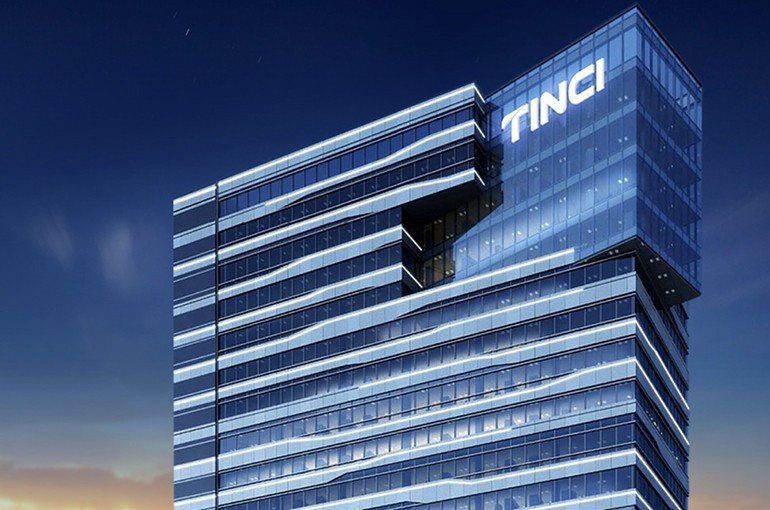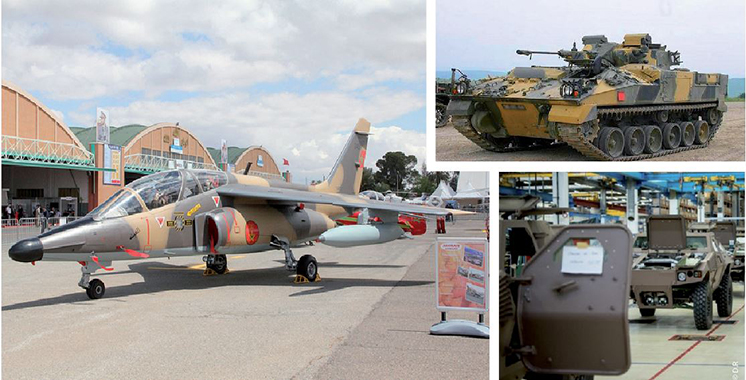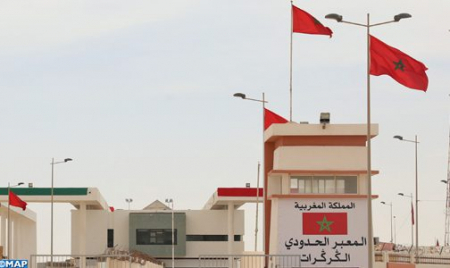The Chinese Tinci Materials facility in Morocco whose construction was announced end of June this year will produce 100,000 tons of Lithium hexafluorophosphate and electrolytes.
The manufactured materials are intended for electric vehicles in the European market, the European Union (EU) having announced a ban on the sale of internal combustion vehicles by 2035, reported Afrik21 media outlet.
The Chinese company Tinci Materials had announced its plans to move from the Czech Republic to Morocco, where it anticipates finding a more stable political environment.
Tinci’s affiliate in Singapore allocated $280 million (2.7 billion MAD) to build its firm in Morocco that will produce and sell lithium-ion battery materials.
The Chinese company’s choice for this location was dictated by the large potential of Morocco’s natural resources, particularly in terms of phosphorite ore, cobalt, and lithium. On a worldwide basis, these raw minerals are desired for decarbonization due to their great energy storage capability.
Tinci’s two new plants in Morocco and the United States will address the rising demand for battery components. Tinci’s Texas-based lithium battery electrolyte factory will have a 200,000-ton annual manufacturing capacity.
The company recorded an increasing demand for lithium battery materials, which doubled the business revenue last year, as 93% of the company’s total revenue came from the lithium battery material industry. Tinci’s net profit increased by over 160% to about $789.7 million.
Few weeks before Tinci announced its plans to set up a plant in Morocco, another giant Chinese battery cell manufacturer and Volkswagen partner, Gotion High-Tech, agreed with the Moroccan government on building in the country a 100 gigawatt-hour (GWh) battery facility, Africa’s first gigafactory.
The agreement also includes setting up “integrated industrial ecosystem” to produce batteries used in electric vehicles (EVs) and energy storage systems. The estimated investment could reach up to $6.4bn and the project is expected to create 25,000 jobs over 10 years.
Morocco is engaged in global race for hosting a gigafactory to support its auto industry as it goes electric. To attract FDI in the EV supply chain, the North African Kingdom highlights its competitive edge, political stability, lower operating costs, the presence of major automakers, including Renault and Stellantis, their suppliers and the availability of cheap renewable energy.



